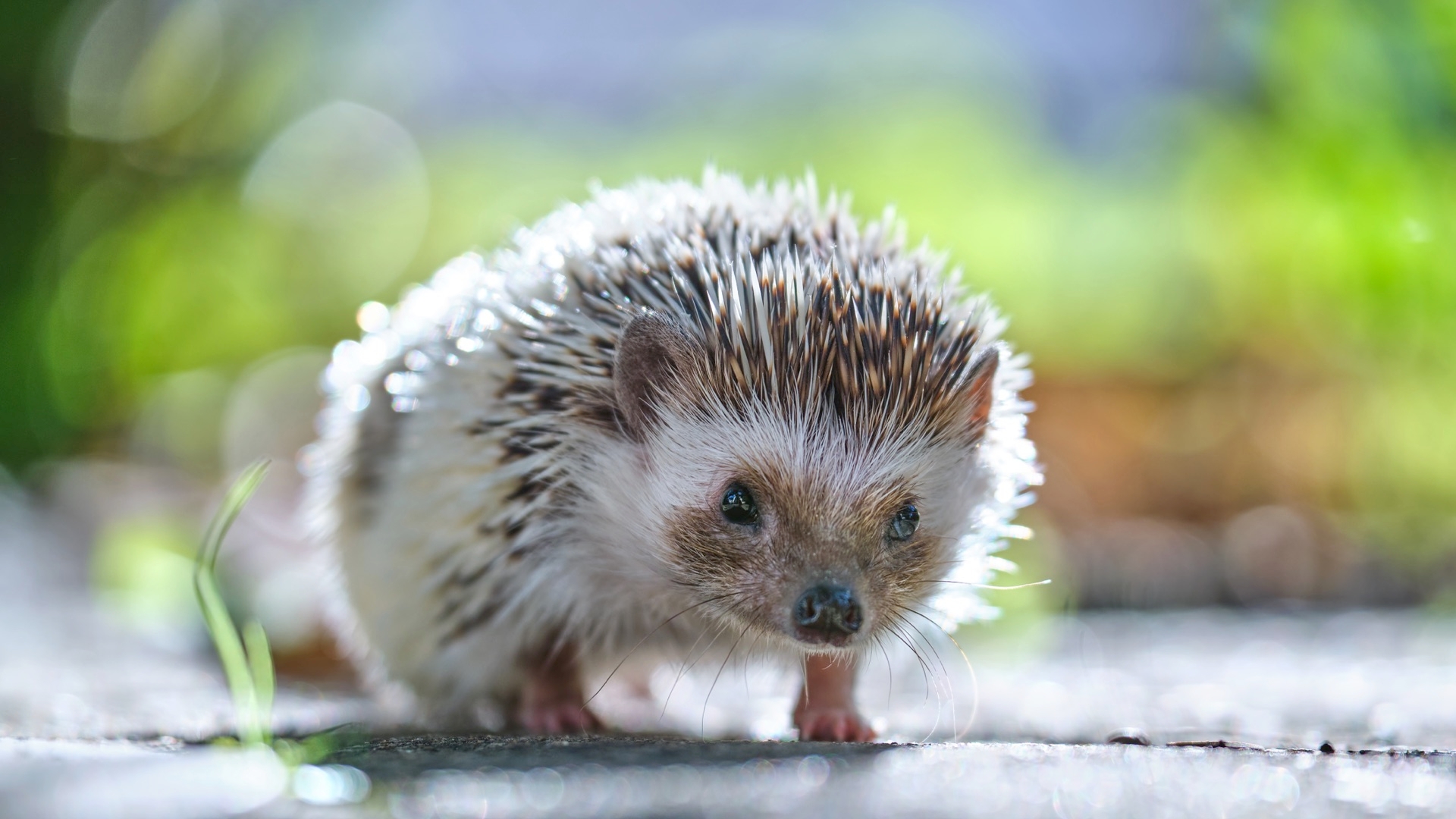Are You Considering A Small Mammal?
Summary:
Small mammals can make great pets. However, owning a small mammal is a big responsibility, even though the animal itself might be tiny. Before you adopt, think about the people in your household. If a small mammal is still for you, then our guide will help you keep them healthy and happy.
Small mammals commonly kept as pets can include rodents like rats, mice, hamsters, gerbils, and guinea pigs or other small mammals like hedgehogs, sugar gliders, and rabbits.
Owning a small mammal is a big responsibility, even though the animal itself might be tiny. If you decide that a small mammal is the right pet for you, it's important to learn how to properly care for your pet. The right care can help keep you and your pet safe from disease. Get routine veterinary care for your pet and follow the tips in our blog to help prevent getting sick from touching, petting, or owning a small mammal.
Before choosing a small mammal
Think about the people in your household. Small mammals can spread germs to people, especially children younger than 5 years old, pregnant people, people 65 and older, and people with weakened immune systems.
- Research and learn how to properly care for small mammals before buying or adopting.
- Find an exotic veterinarian in your area. Small mammals often require specialized care that all veterinarians may not provide.
- Ask your veterinarian about the proper food, care, environment, and other needs of the specific pet you are interested in choosing.
- Check your state, local, and property laws before choosing a small mammal. Some small mammals might not be allowed in apartments or rental homes, and some are not legal in certain states.
How to choose a small mammal
- Choose a pet whose attitude, size, and activity level match the needs of your family. Consider your home environment and time available to spend with your pet. If you want a pet that can be frequently handled and petted, do not choose a shy or aggressive pet.
- Pick a pet that is bright, alert, and active. Small mammal pets should have shiny, clean fur.
- Do not choose a pet from a cage where any other animals look sick. Signs of illness in a small mammal include appearing sluggish or depressed, diarrhea, abnormal breathing, and runny nose or eyes.
- Do not keep wild animals as pets.
- Within a week after getting your pet, take it to the veterinarian for a check-up.
- If your pet becomes sick or dies soon after purchase or adoption, take it to the veterinarian and tell the pet store, breeder, or rescue organization about the pet's illness or death. Consider waiting before purchasing or adopting another pet. Do not use the pet's habitat until it has been properly cleaned and disinfected. These practices will help prevent the spread of disease.
How to house your small mammal pet
- Keep your pet in a habitat that can be securely closed and locked.
- Make sure your pet has fresh food and water every day.
- Secure enclosures to prevent wildlife and other animals from getting in.
- Provide appropriate items for enrichment (toys, mazes, exercise wheels). Ask your veterinarian about which items are right for your pet.
Monitor your pet's health
Examine your small mammal daily, looking for any changes in activity level, appetite, or overall health. Specifically, look for:
- Sluggish or depressed behavior
- Dull fur or hair
- Loose poop
- Runny eyes or nose
- Abnormal breathing
These signs could mean your pet is sick. If your pet seems sick or shows any of these signs, contact your veterinarian immediately.
To keep your pet as healthy as possible, visit a veterinarian for regular checkups. Veterinarians who focus on small mammal pets can provide extra guidance on caring for your pet.


